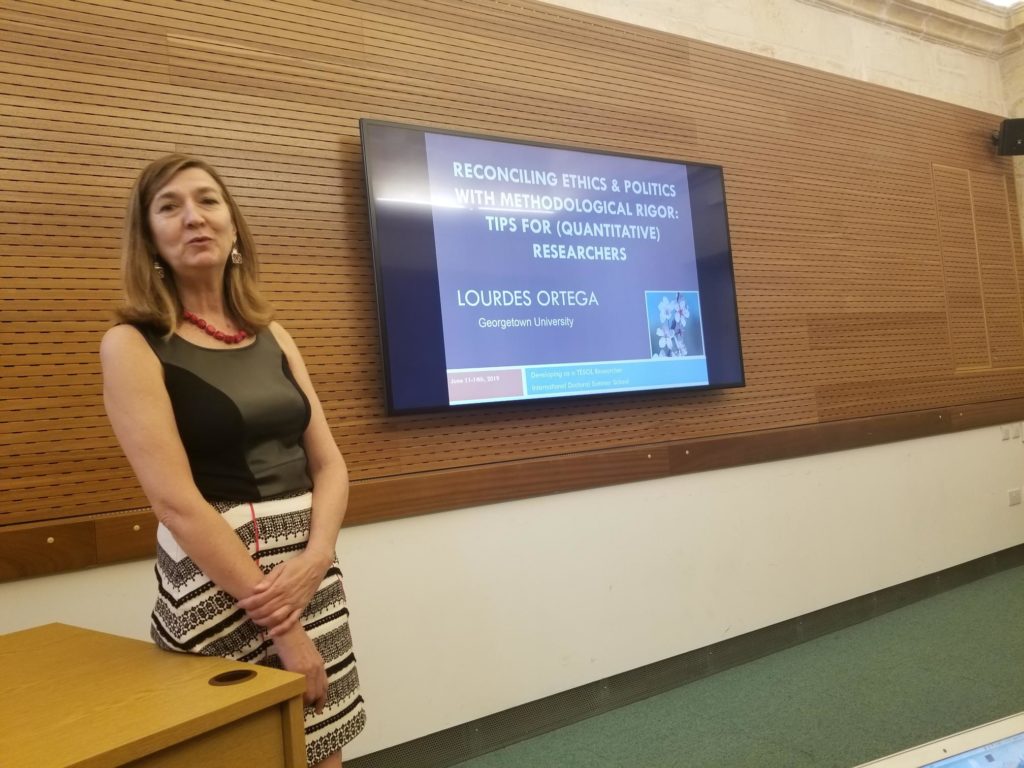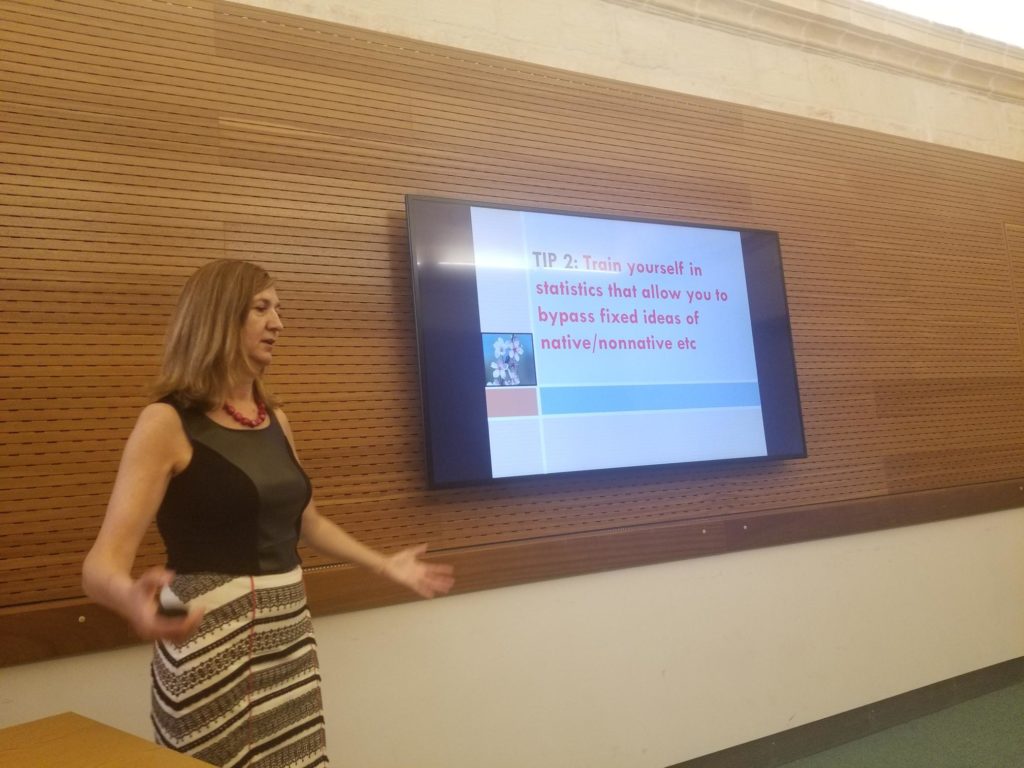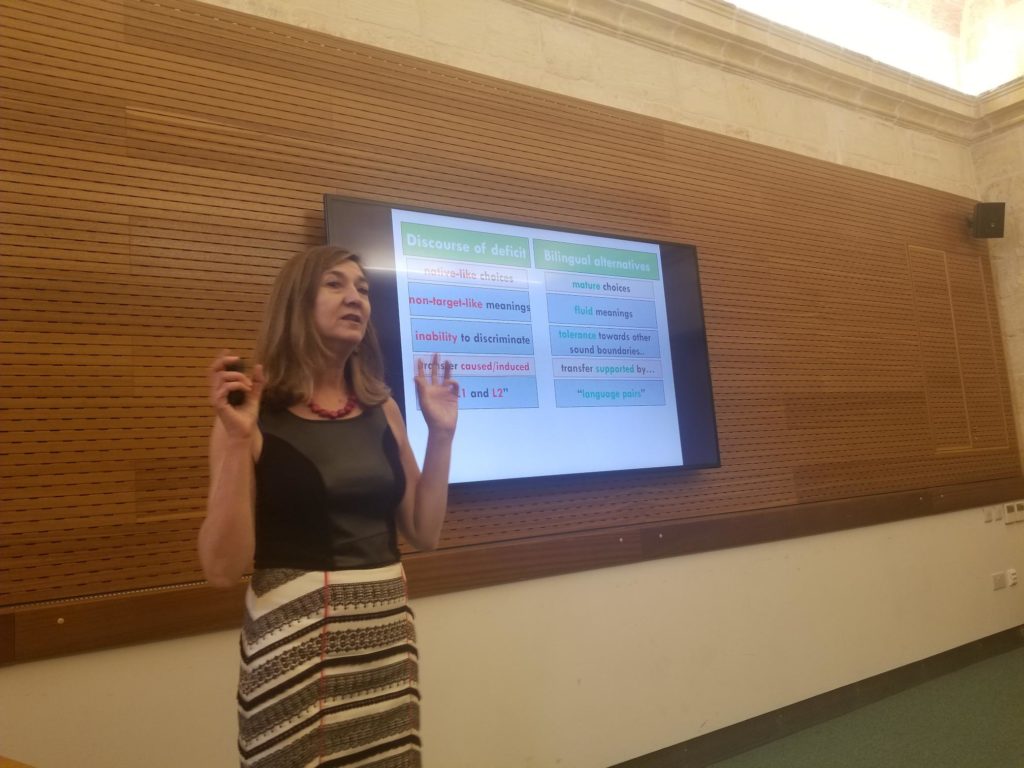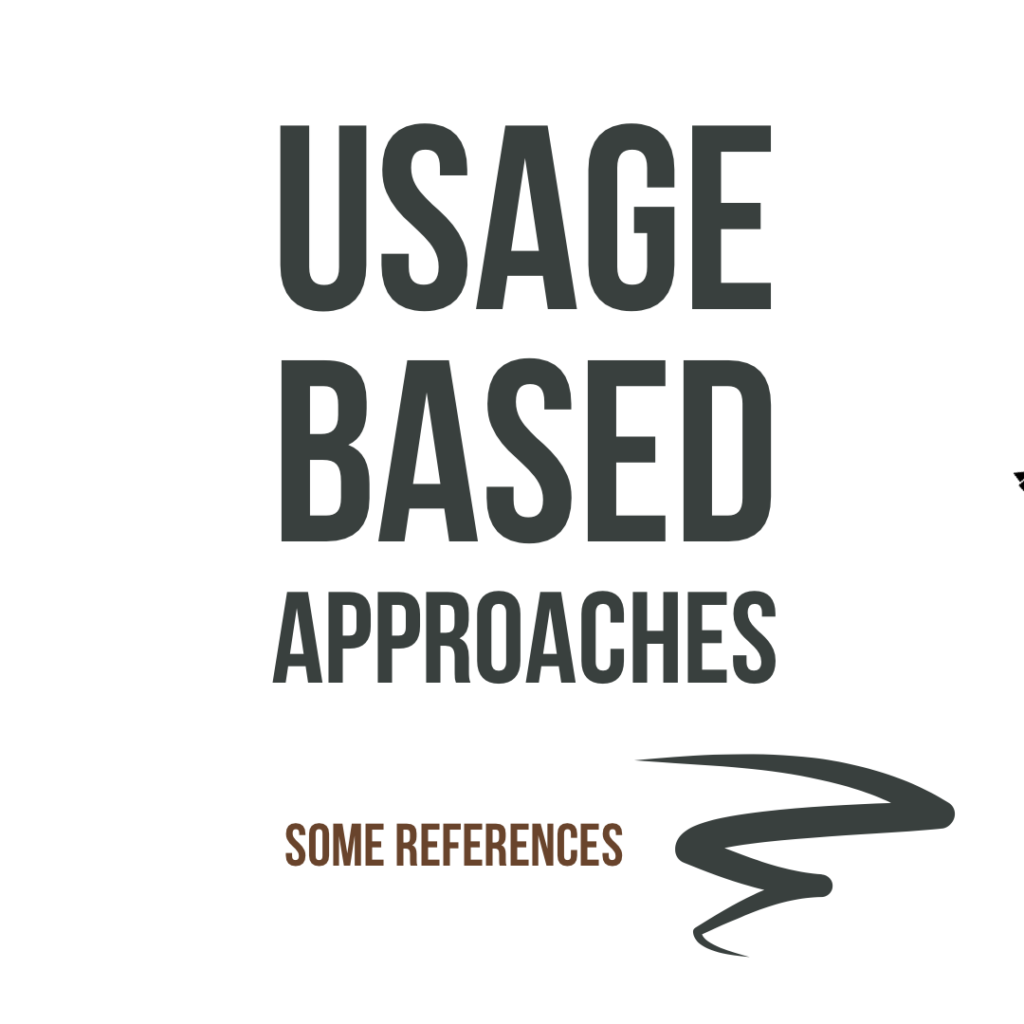The Open Accessible Summaries In Language Studies (OASIS) initiative aims to make research findings on language learning and teaching available and accessible to a wide audience.
OASIS summaries are one-page descriptions of research articles on language learning, language teaching, and multilingualism that have been published in peer-reviewed journals listed on the Social Science Citation Index. The summaries provide information about the study’s goals, how it was conducted, and what was found, and are written in non-technical language. Where relevant, they also highlight findings that may be of particular interest to language educators, although the initiative is not solely aimed at research with immediate practical implications. The summaries are generally approved, and often (co-)written, by the author(s) of the original journal article.




